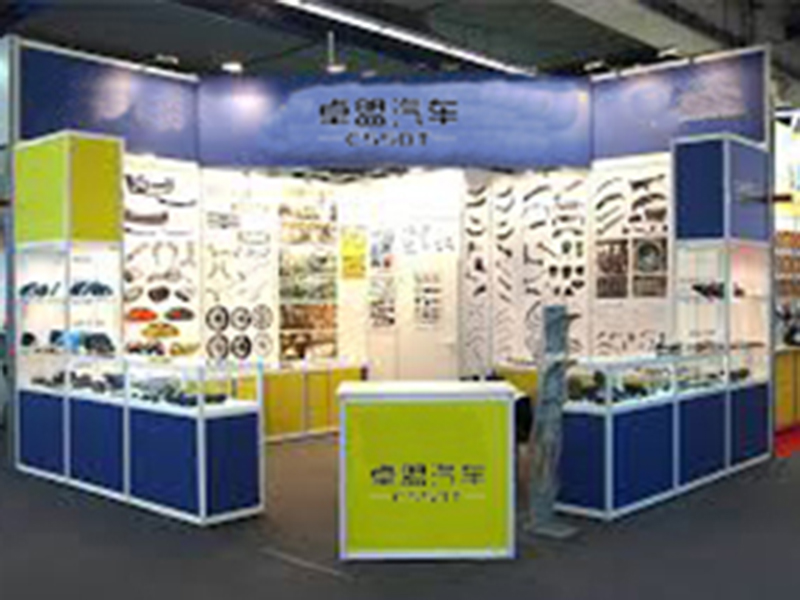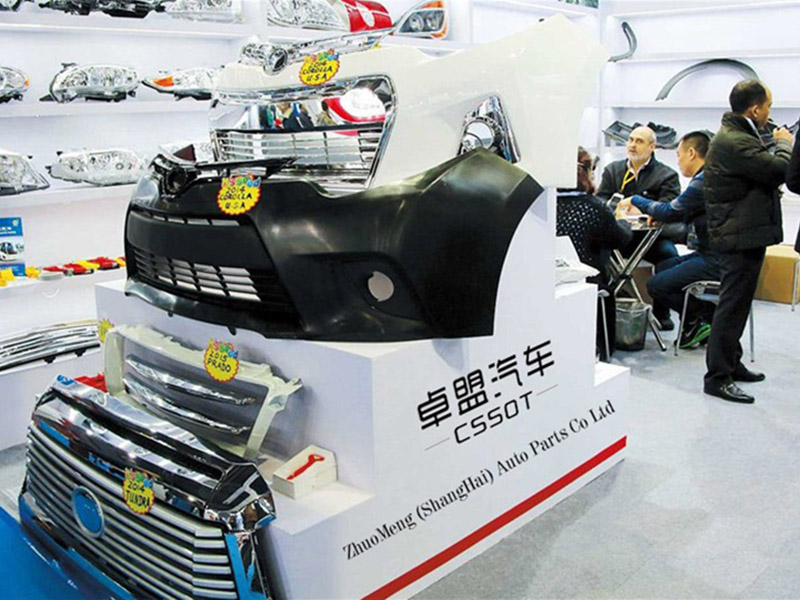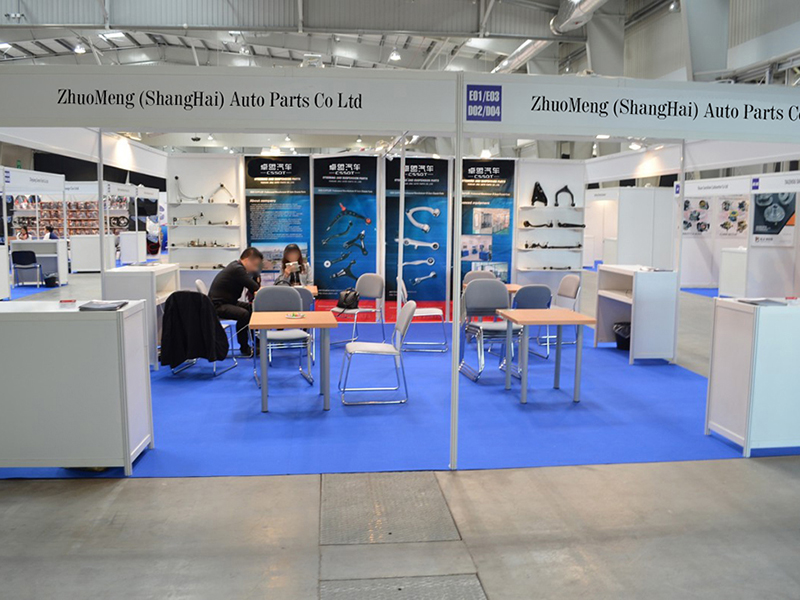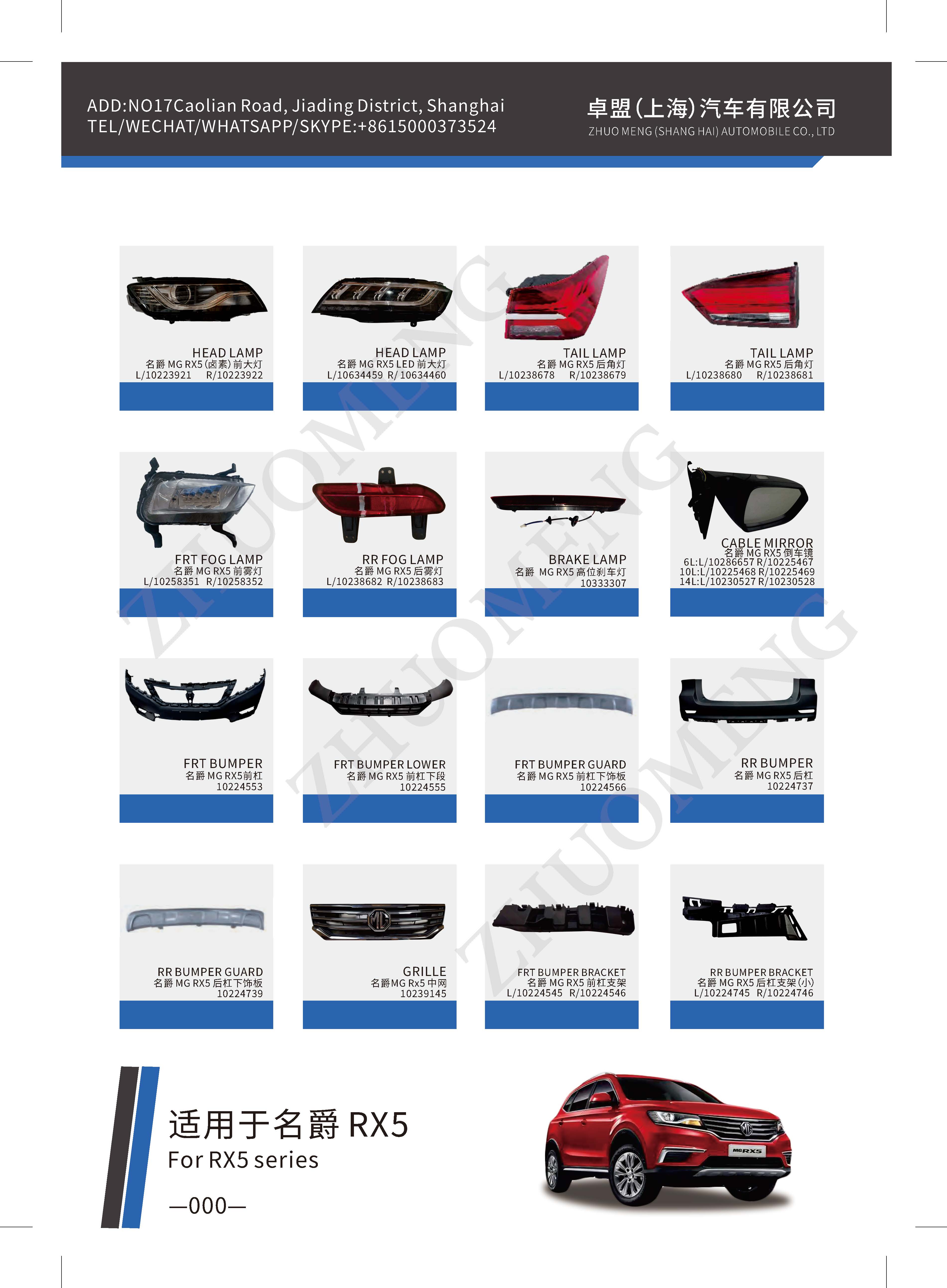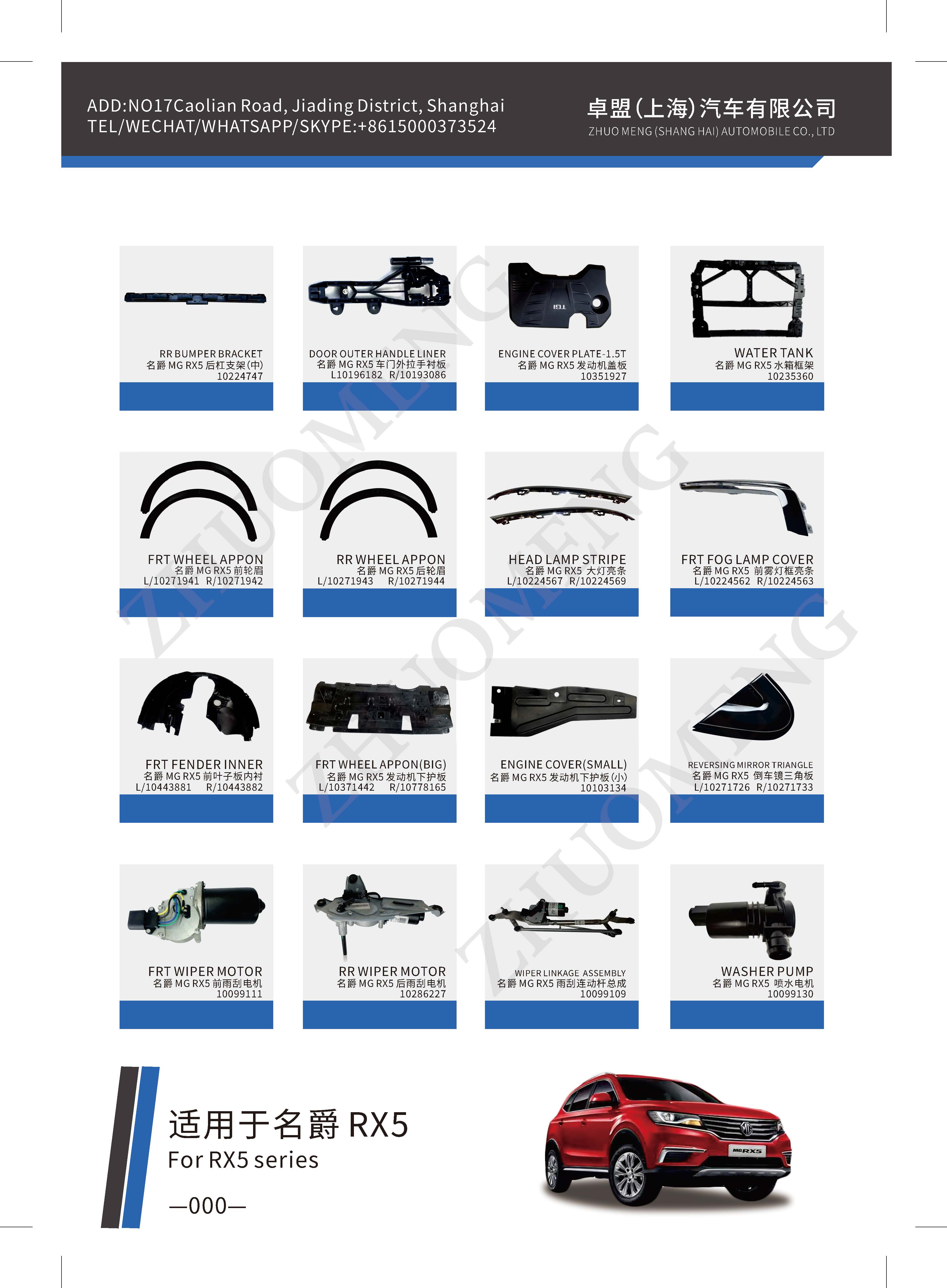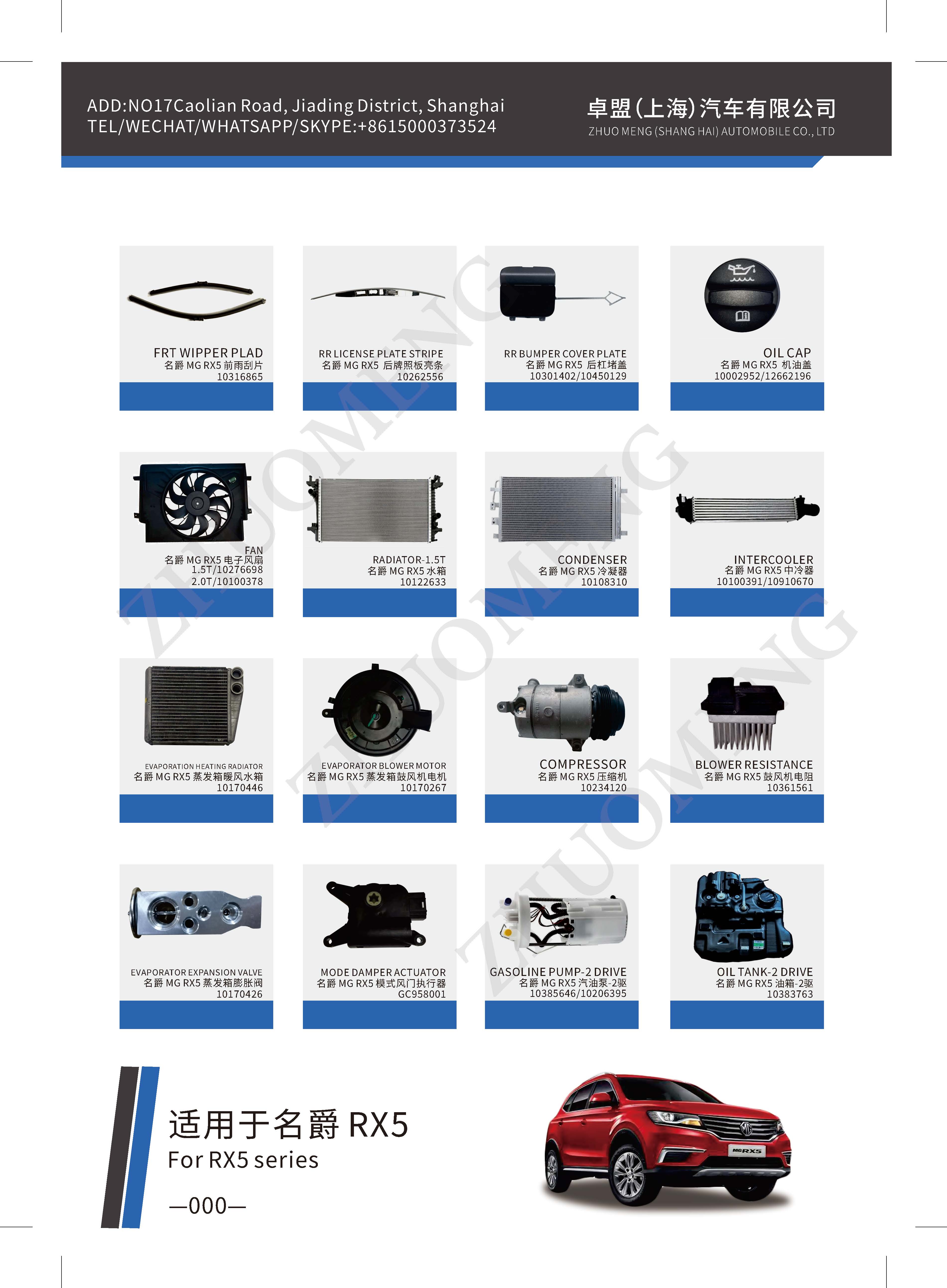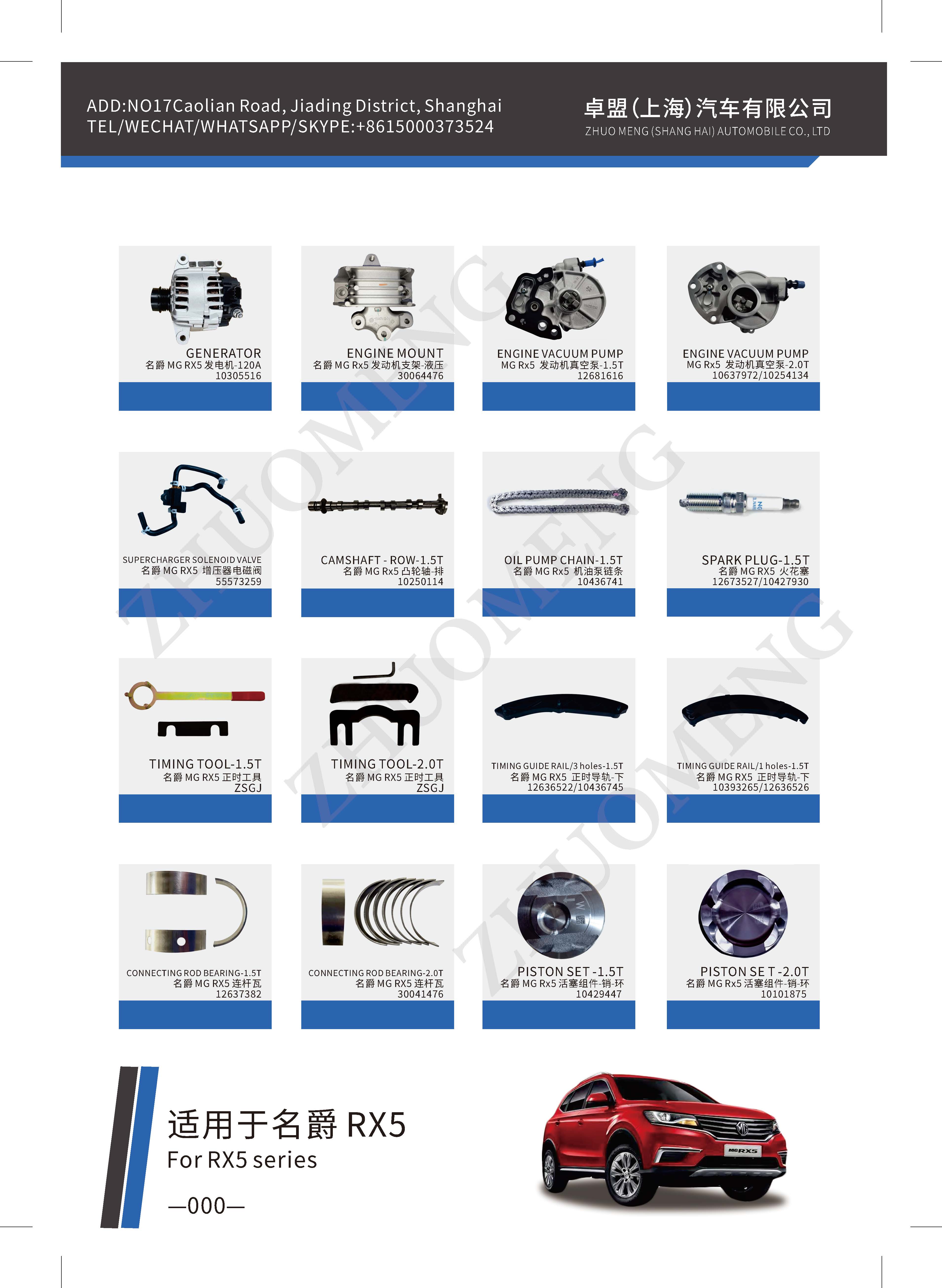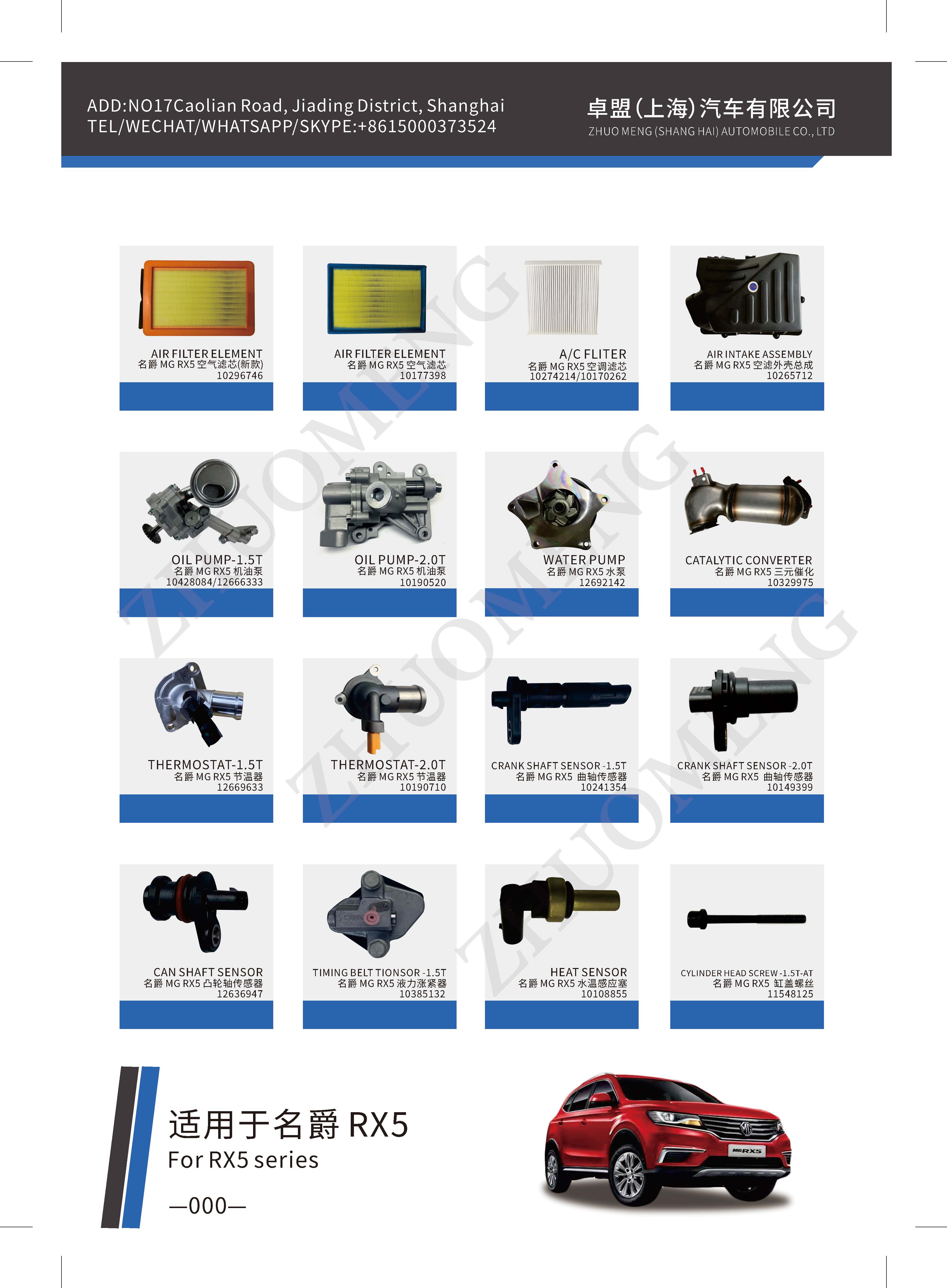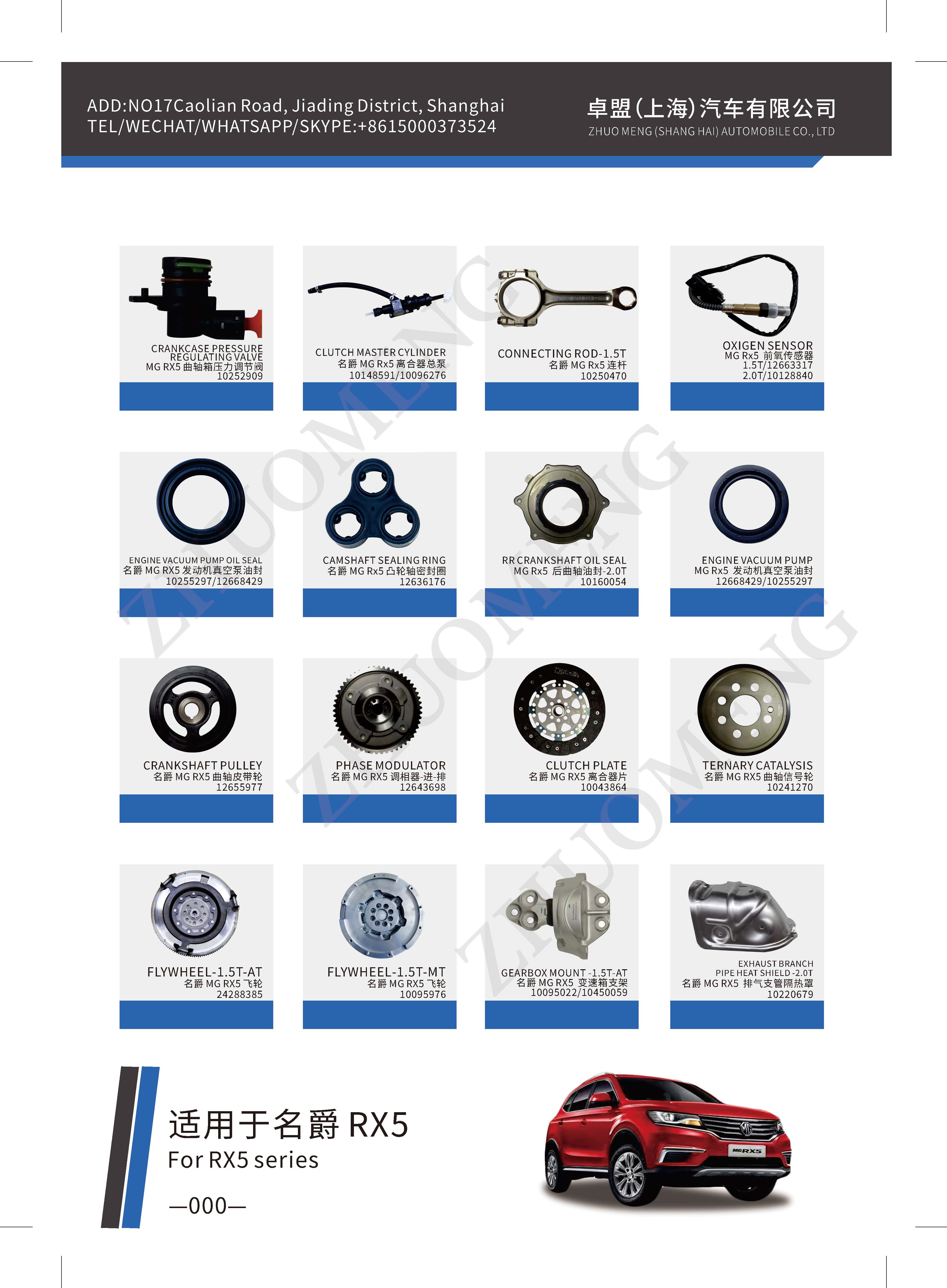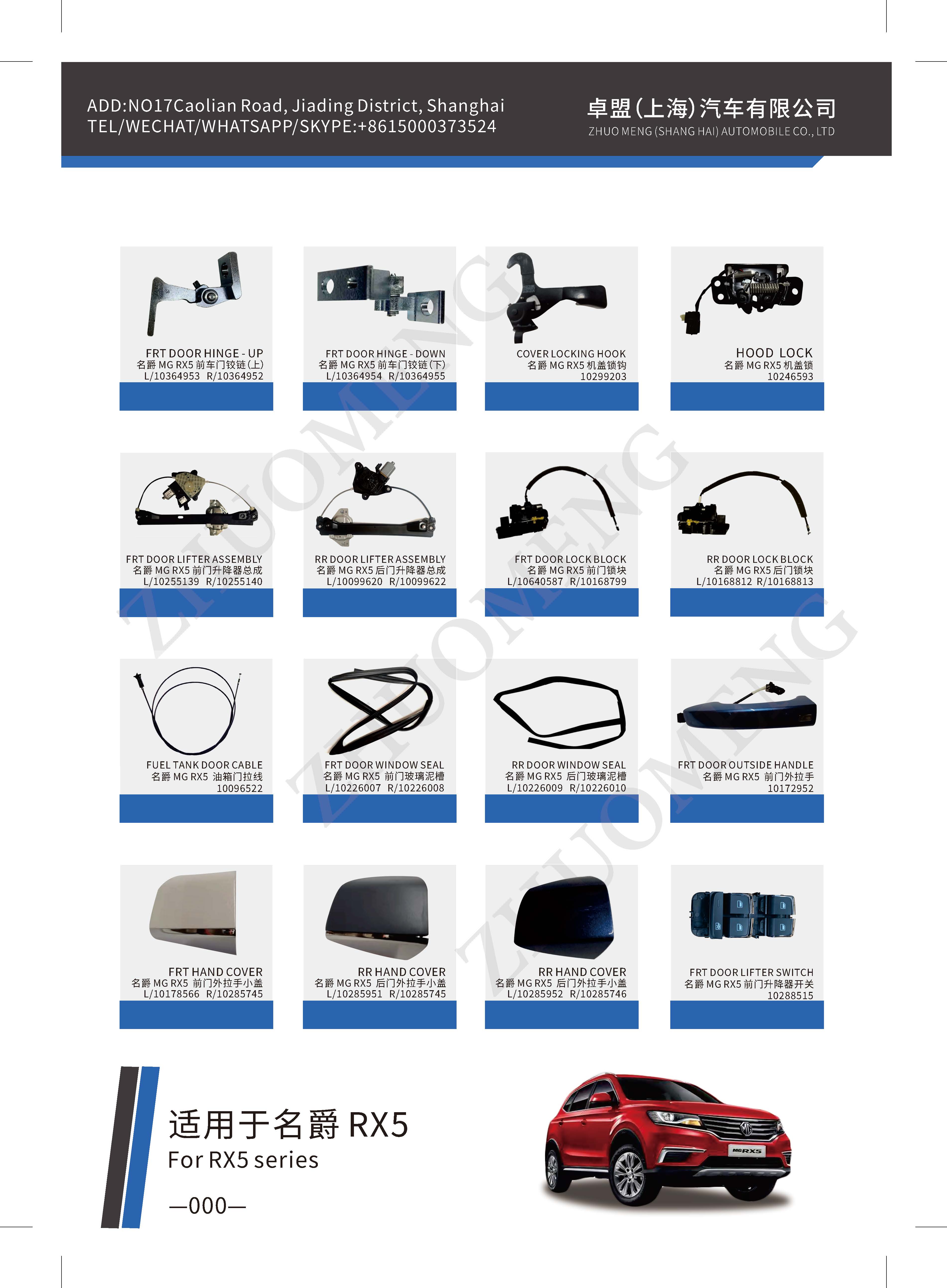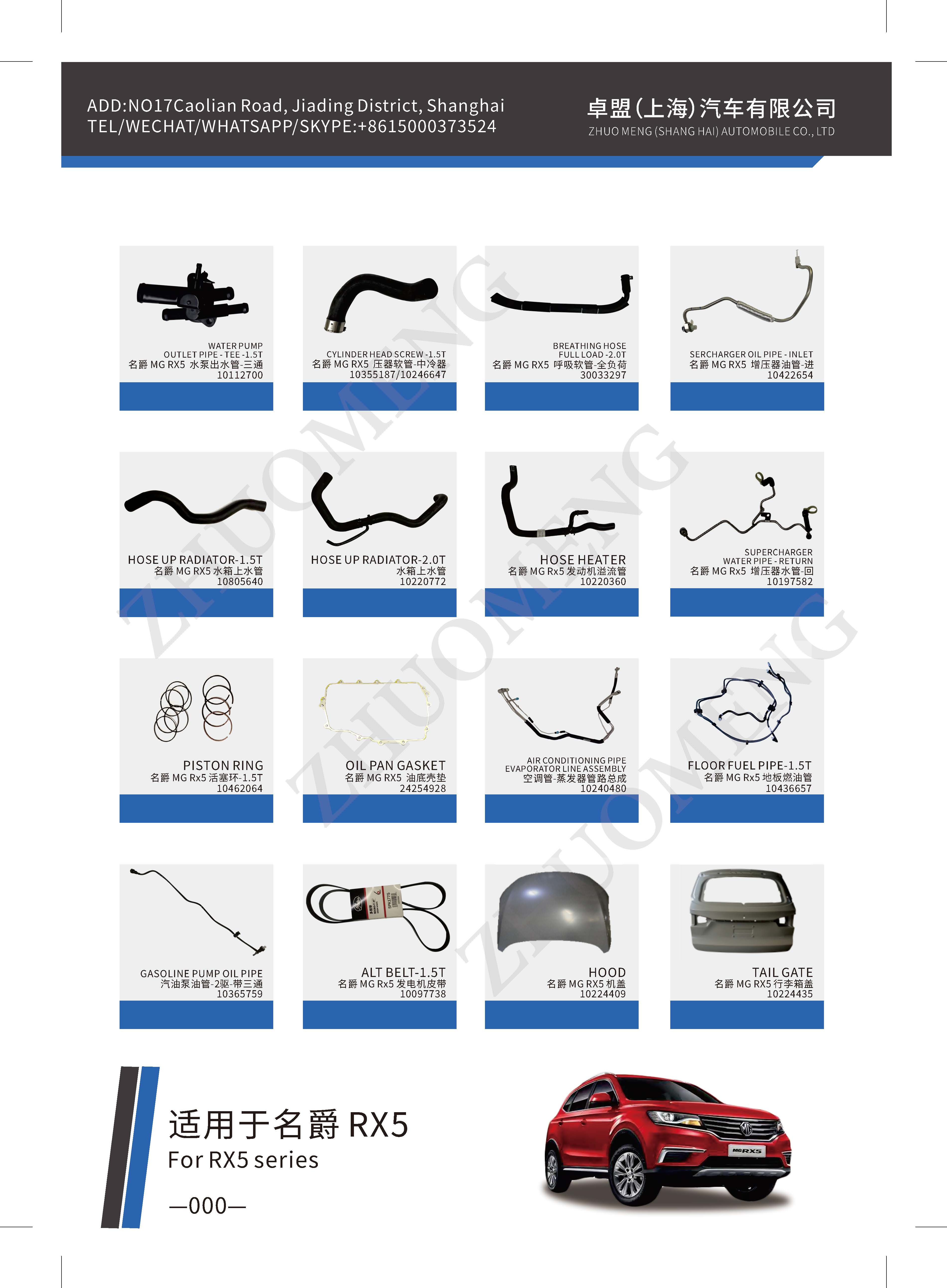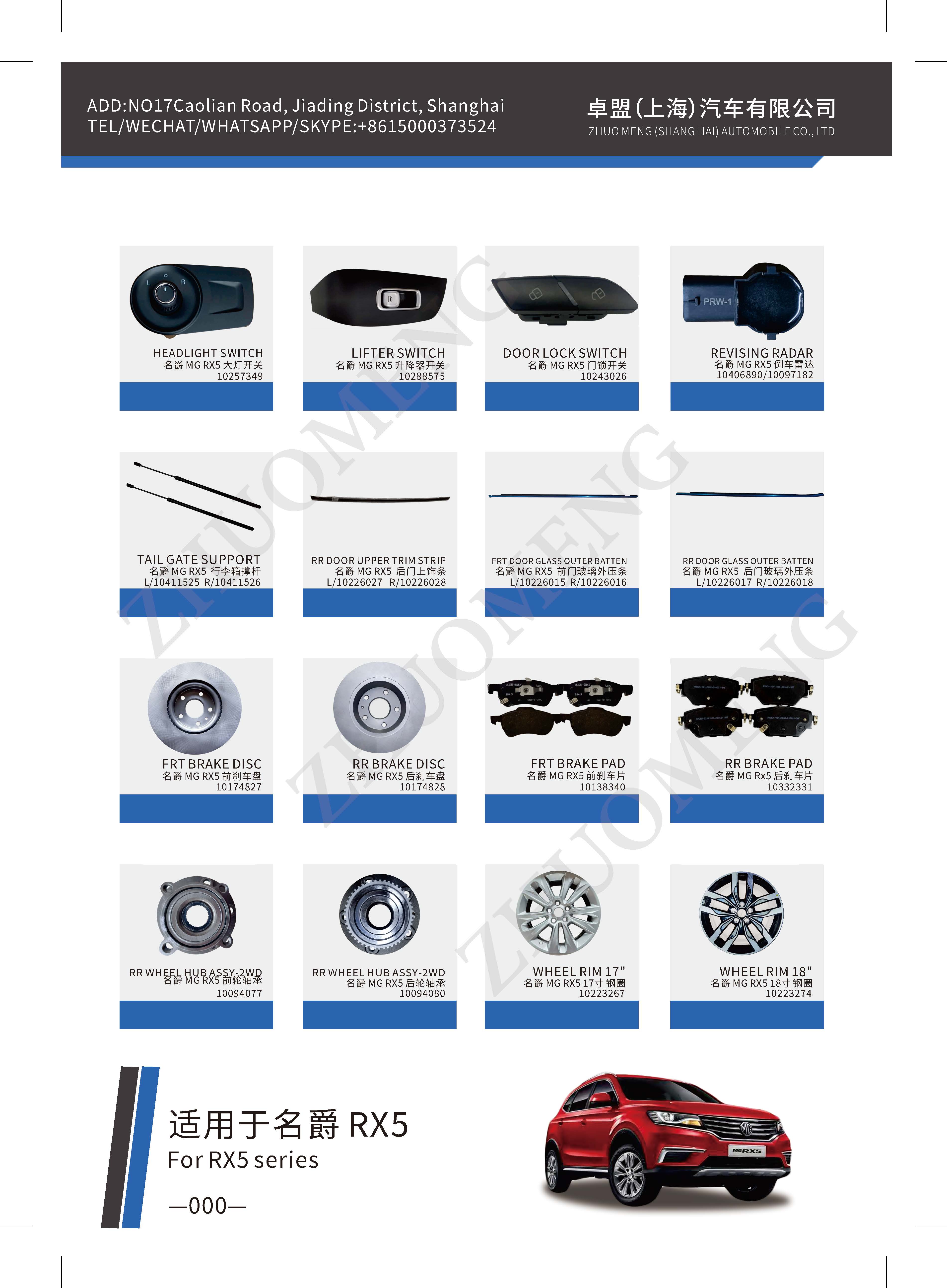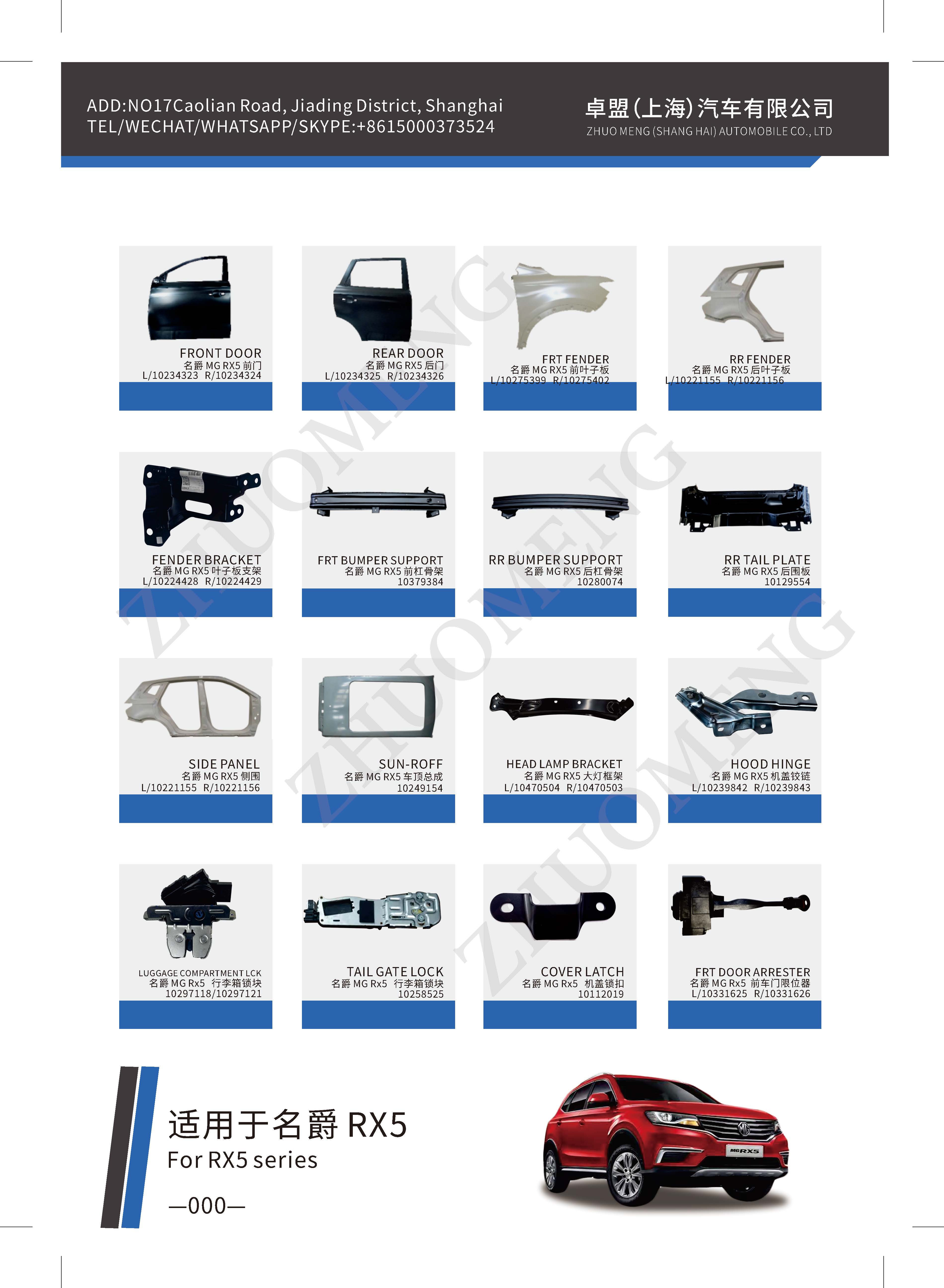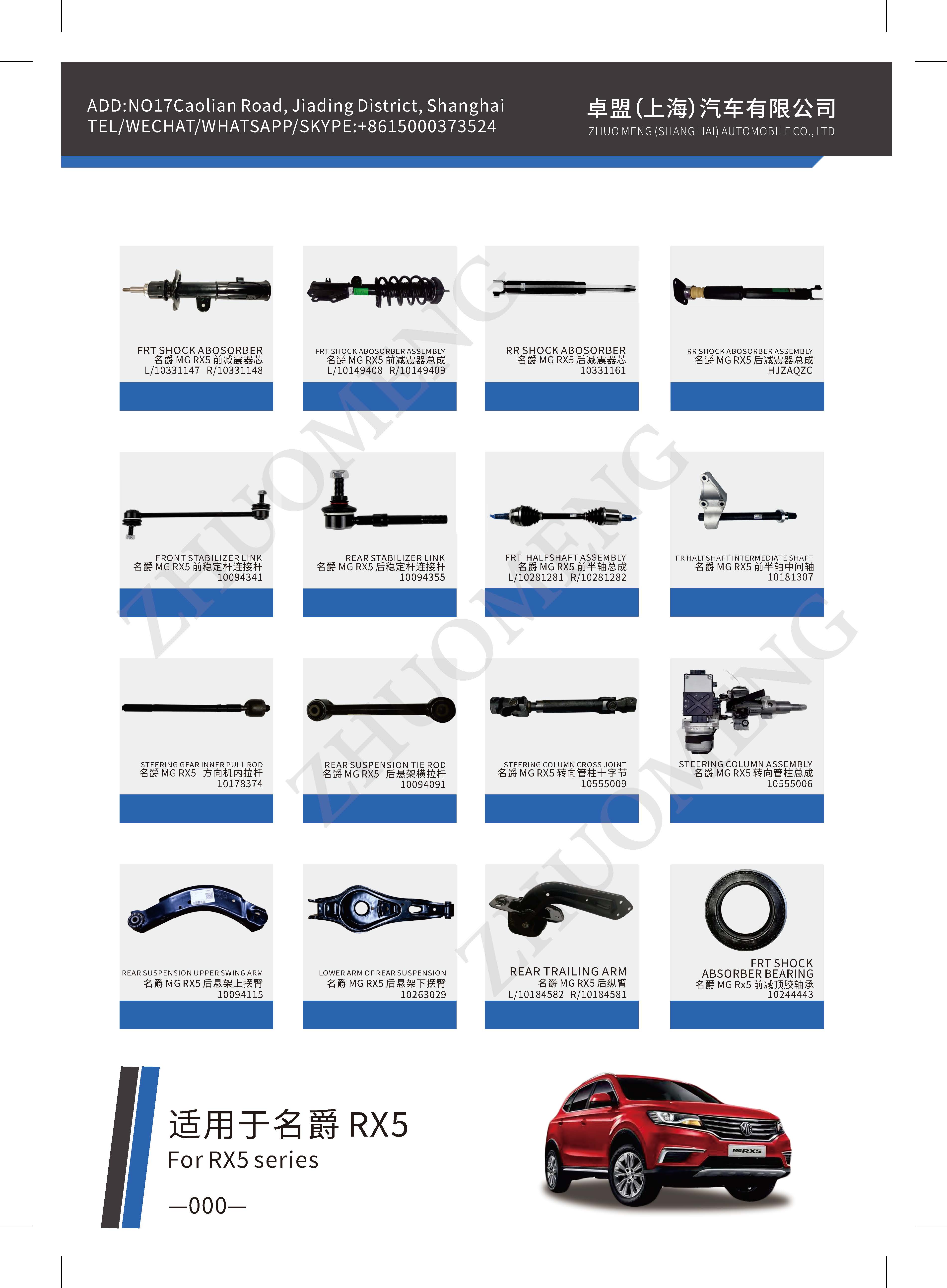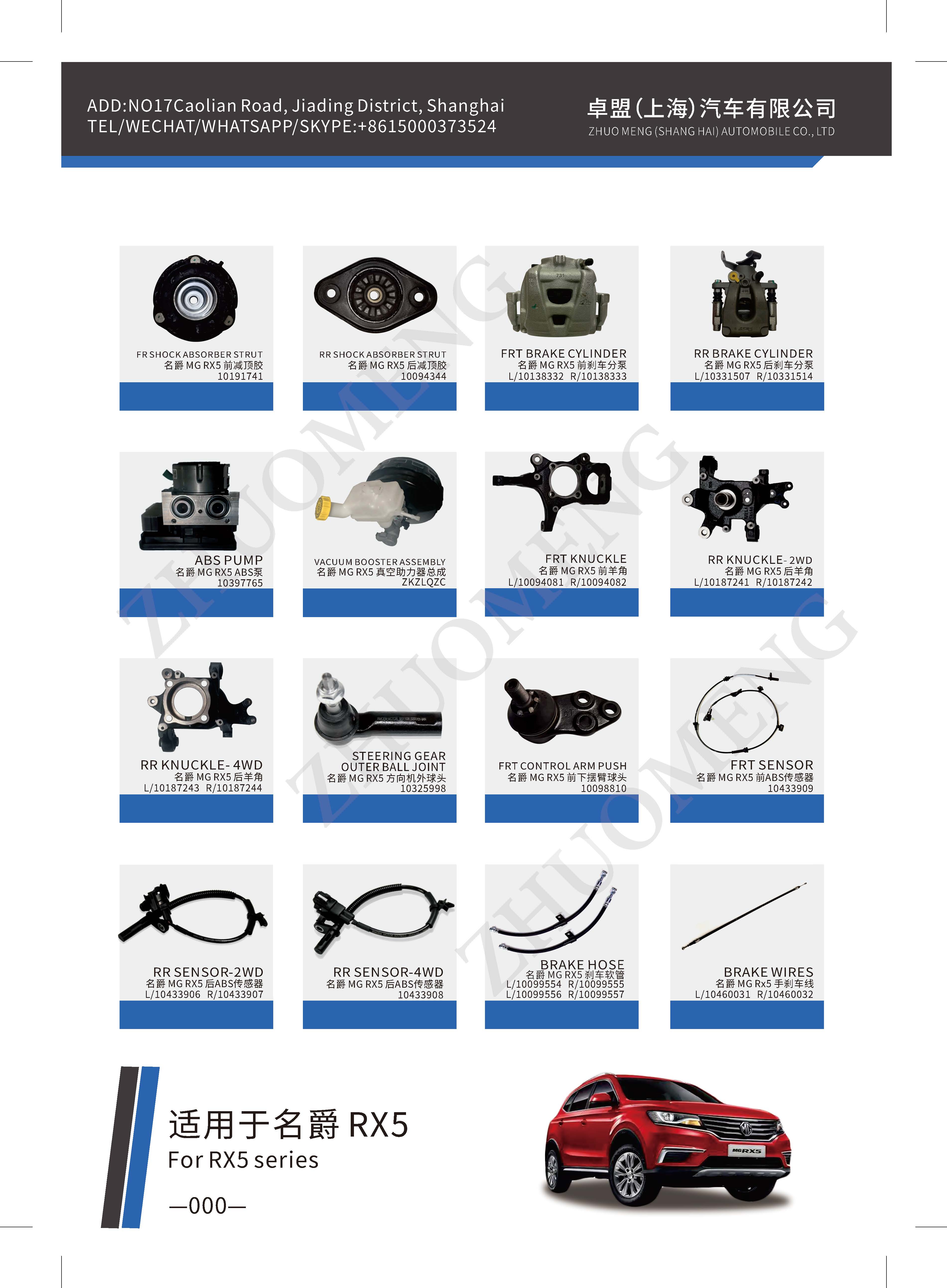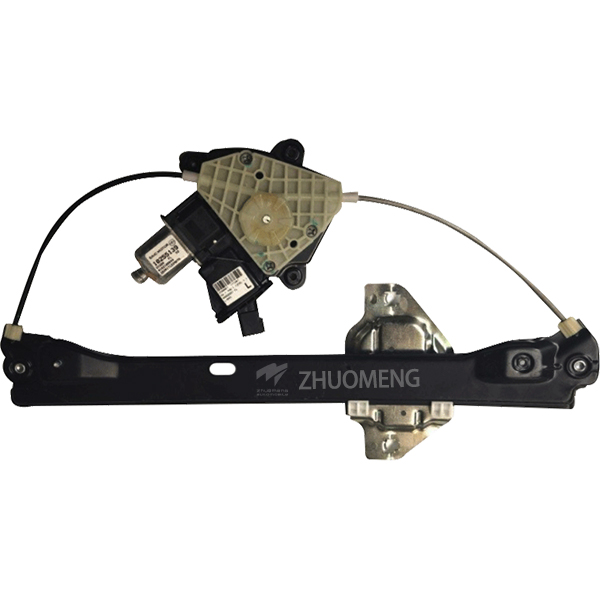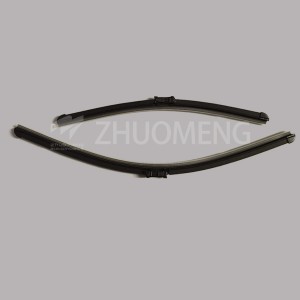Lifting device for automobile window and door glass
Glass lifter is the lifting device of automobile door and window glass, mainly divided into electric glass lifter and manual glass lifter two categories. Now many car door and window glass lifting generally switch to button type electric lifting, the use of electric glass lifter.
The electric glass lifter used in car is mostly composed of motor, reducer, guide rope, guide plate, glass mounting bracket and so on. The driver controls the opening and closing of all doors and Windows, while the occupant controls the opening and closing of all doors and Windows respectively by the main switch.
classification
Arm type and flexible type
Car window glass lifters are divided into arm glass lifters and flexible glass lifters. The arm glass lifter comprises a single arm glass lifter and a double arm glass lifter. Flexible glass lifters include rope wheel type glass lifters, belt type glass lifters and flexible shaft type glass lifters.
Arm glass lifter
It adopts cantilever supporting structure and gear tooth plate mechanism, so the working resistance is larger. Its transmission mechanism for the gear tooth plate, meshing transmission, except the gear its main components are plate structure, convenient processing, low cost, in the domestic vehicle is widely used.
Single arm glass lifter
Its structure is characterized by only one lifting arm, the most simple structure, but because the relative position between the lifting arm support point and the glass center of mass often changes, the glass lifting will produce tilt, stuck, the structure is only suitable for the glass on both sides of the parallel straight edge.
Double arm glass lifter
Its structure is characterized by two lifting arms. According to the arrangement of the two arms, it is divided into parallel arm elevator and cross arm elevator. Compared with single-arm glass elevator, the double-arm glass elevator itself can ensure the parallel lifting of glass, and the lifting force is relatively large. The cross-arm glass lifter has a wide supporting width, so the movement is more stable, and it is widely used. The structure of the parallel arm glass lifter is relatively simple and compact, but the motion stability is not as good as that of the former because of the smaller width of the support and the larger variation of the working load.
Rope wheel glass lifter
It consists of pinion gear, sector gear, wire rope, moving bracket, pulley, belt wheel, seat plate gear meshing.
The belt wheel fixed to the sector gear drives the steel wire rope, and the tightness of the steel wire rope can be adjusted by the tension wheel. The elevator used in fewer parts, its own quality is light, easy to process, occupies a small space, often used in small cars.
Belt glass lifter
The flexible shaft is made of plastic perforated belt, and other parts are made of plastic products, which greatly reduces the quality of the elevator assembly itself. The transmission mechanism is coated with grease, no maintenance is required during use, and the movement is stable. The position of the handle can be freely arranged, designed, installed and adjusted.
Cross arm glass lifter
It is composed of a seat plate, balance spring, fan tooth plate, rubber strip, glass bracket, driving arm, driven arm, guide groove plate, gasket, moving spring, rocker and pinion shaft.
Flexible glass lifter
The transmission mechanism of the flexible automobile glass lifter is the meshing transmission of the gear shaft, which has the characteristics of "flexible", so its setting and installation are more flexible and convenient, the structure design is also relatively simple, and its own compact structure, the overall weight is light
Flexible shaft elevator
It is mainly composed of rocker motor, flexible shaft, forming shaft sleeve, sliding support, bracket mechanism and sheath. When the motor rotates, the sprocket on the output end meshes with the outside profile of the flexible shaft, driving the flexible shaft to move in the forming sleeve, so that the sliding support connected with the door and window glass moves up and down along the guide rail of the support mechanism, achieving the purpose of lifting the glass.
